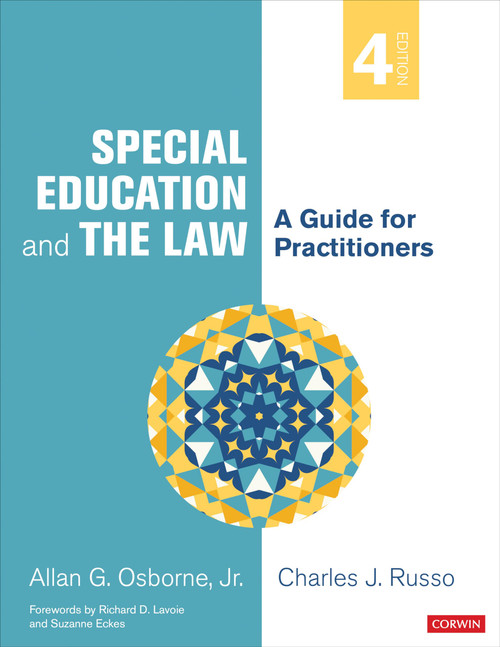When you're teaching students who have special needs, what are your legal responsibilities? How can you provide appropriate, legally compliant special education servicesand avoid pitfalls that could lead to due process hearings and court dates? Turn to this interactive quick guide for concise, accessible answers. The antidote to thick, cumbersome legal volumes, this book gives educators and administrators the basics of special education law in an engaging, easy-to-read format. With the jargon-free definitions and reader-friendly descriptions of laws and court cases, youll build a storehouse of knowledge you can apply in your own classroom. And with the thought-provoking activities and real-life scenarios in each chapter, youll see law-abiding practices in action and put your knowledge to the test so you're ready to fulfill your important responsibilities.
An essential addition to every teacher's professional libraryand an ideal supplementary text for teachers in trainingthis guidebook will help you adhere to the law as you teach students with disabilities and special health care needs.
LEARN YOUR LEGAL RESPONSIBILITIES WHEN
- collaborating with parents and colleagues to build strong partnerships
- developing and implementing IEPs as part of a team
- supervising students and protecting them from abuse and harm
- conducting behavioral interventions fairly and without bias
- documenting the progress and behavior of students, communication with parents and colleagues, and the results of your students' IEPs
- storing and managing your students' school records and personal information
- monitoring your own behavior both inside and outside school (including on social media)
PRACTICAL MATERIALS: Fast facts and recurring interactive features make key concepts easy to learn. You'll get quizzes, How Would You Rule? activities, mnemonics of important points to remember, case story comparisons that highlight common mistakes and better approaches, and more.
Watch the webinar What Every Educator Should Know About Special Education Law












